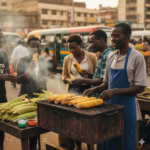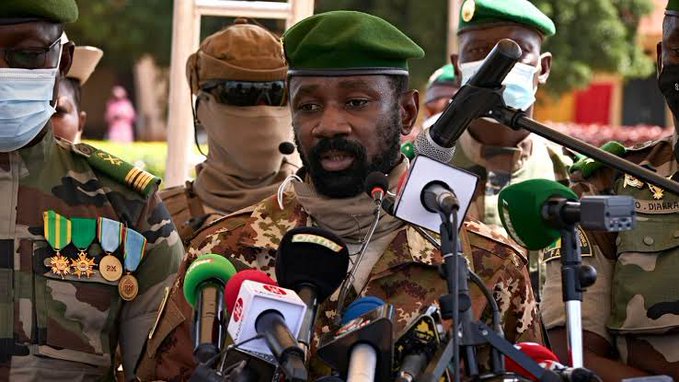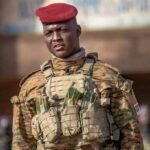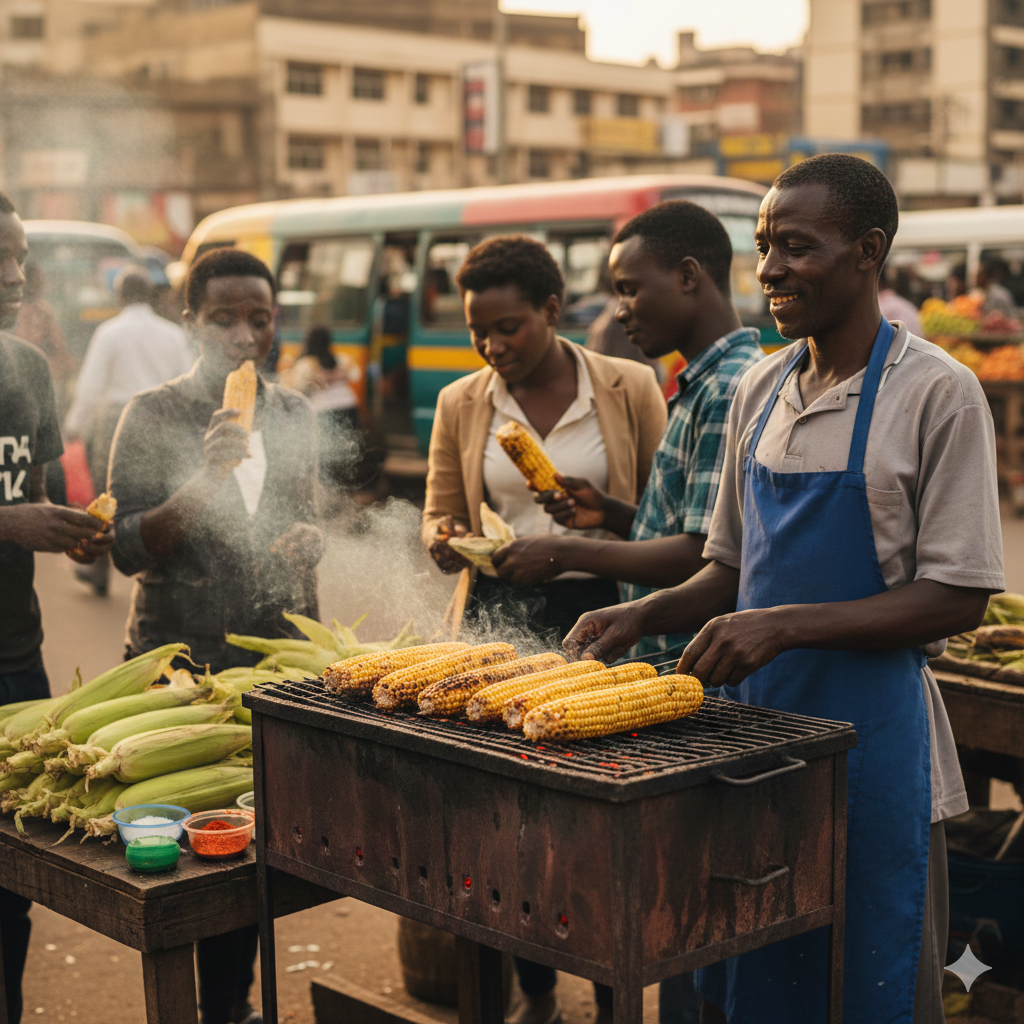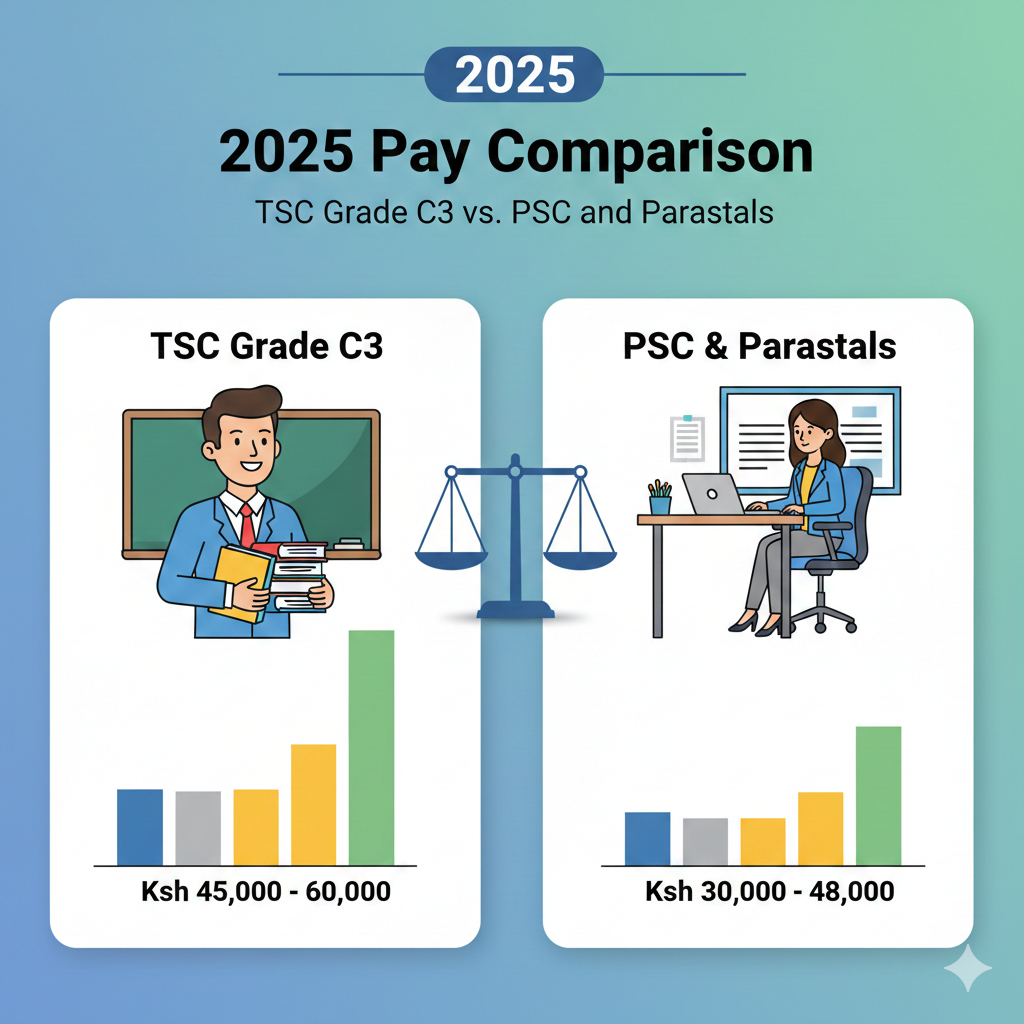The sun hung low over the arid expanse of northern Mali, casting long shadows across the dunes near Kidal. It was 2013, and I, Captain Amadou Traoré—not my real name, for reasons that will soon become clear—stood shoulder-to-shoulder with my Malian brothers-in-arms, rifles in hand, sweat beading down our foreheads. Beside us were French soldiers, part of Operation Serval, a mission launched to drive out the jihadist insurgents who had seized control of Mali’s north. We were told we were allies, united against a common enemy. But what I witnessed that year would shatter my trust, fuel a fire in my heart, and set me on a path toward Mali’s true liberation.
I’ll never forget the day near Kidal, a strategic town nestled in the desert, known for its rocky terrain and Tuareg strongholds. We had been fighting for days, pushing back the insurgents with grit and blood. Victory felt so close I could taste it—like the dusty air after a rare rain. But as we prepared to advance into Kidal, a French officer’s voice crackled over the radio: “Do NOT enter Kidal.” The order was sharp, unyielding. Confusion rippled through our ranks. Some of my men, driven by the momentum of battle, took a few steps forward. The French response was chilling—they raised their rifles and threatened to shoot us in the head if we disobeyed. I felt a lump in my throat, a mix of rage and helplessness. That day, I wept like a child, not for fear, but for the betrayal that cut deeper than any bullet.
This wasn’t an isolated incident. I had fought alongside the French for months, patrolling the desolate stretches of Mali’s north, listening to their radios as they coordinated their moves. What I saw broke my heart. When danger loomed—jihadists ambushing us from the dunes—we Malians were sent to the front, like pawns on a chessboard. If there was no threat, the French would casually report “R.A.S.”—rien à signaler, nothing to report. But when we were attacked, their response was a cold shrug: “C’est la guerre,” they’d say. This is war. Hundreds of Malian soldiers died in those skirmishes, while French casualties were minimal. According to French military records, only 10 French soldiers lost their lives during Operation Serval, while Malian forces suffered losses in the hundreds, though exact numbers remain disputed due to poor documentation.
The betrayal deepened. One evening, near Tessalit, I saw something that still haunts me. French troops were handing over fuel cans and a pickup truck to a group of rebels—men we had been fighting just days before. They smiled at us as they did it, a mocking glint in their eyes, as if our suffering was a game to them. Later, I overheard their radios crackle with a phrase that burned into my memory: “Mission accomplished.” But what mission? Not ours. Not Mali’s. I began to piece it together—France’s interest in Mali wasn’t just about fighting jihadists. The Sahel region, including Mali, is rich in resources like uranium, which powers France’s nuclear plants. A 2023 report by the French newspaper Le Monde revealed that 30% of France’s uranium imports came from Niger, Mali’s neighbor, and French companies like Orano had long-standing interests in the region’s mineral wealth.
The French actions weren’t just tactical—they were strategic. By arming rebels and halting our advances, they ensured instability, keeping Mali dependent on their presence. A 2024 Foreign Policy article described this as part of France’s “neocolonial ambition” in the Sahel, a region where Paris has clung to influence since colonial times. The article noted that juntas in Mali, Burkina Faso, and Niger have increasingly rejected French presence, expelling troops and diplomats in a wave of anti-French sentiment. In Mali, this culminated in 2022 when Interim President Assimi Goïta, a man I came to admire, ordered French forces out after nearly a decade of their operations.
But the French weren’t the only ones to betray us. When we spoke up about their actions, they set us up—leaking our positions to the rebels. I narrowly escaped an ambush near Gao, where rebels, tipped off by someone, attacked our unit. Seven of my men didn’t make it. On the French radios, I heard them celebrate: “Mission accomplished,” they said again. It was a phrase that began to feel like a curse.
Despite the heartbreak, I didn’t give up. I trained harder, studied the battlefield, and learned the harsh truth: Mali’s future was in our hands, not theirs. I knew the north like the back of my hand—the winding trails of the Adrar des Ifoghas mountains, the hidden wells near Tessalit, the loyalties of the Tuareg tribes. I knew who the real enemies were, and they weren’t just the jihadists. In 2021, when Goïta took power after a coup, I saw a leader who shared my resolve. His speech in April 2025, which went viral on X, echoed my own experiences. “I’ve fought side-by-side with the French army,” he said, “and what I saw broke my heart.” He spoke of the same betrayals—of being sent to the front while French soldiers stayed safe, of orders to stand down, of fuel handed to rebels. His words weren’t just rhetoric; they were the lived reality of soldiers like me.
Goïta’s leadership marked a turning point. After expelling the French, Mali turned to Russian mercenaries, including the Wagner Group, for support. It wasn’t a perfect solution—Human Rights Watch reported in December 2024 that Malian forces and Wagner operatives deliberately killed at least 32 civilians, including seven in a drone strike, and burned 100 homes in central and northern Mali since May 2024. A particularly gruesome incident in Moura, in March 2022, saw 300 civilians executed by Malian troops and suspected Wagner members, according to a UN investigation. But for many Malians, the Wagner Group, despite its brutality, represented a break from French domination. Goïta’s vision was clear: “We are not politicians. We are not puppets. We are liberators.”
As I write this in 2025, Mali stands at a crossroads. The north remains volatile, with jihadist groups like those affiliated with al-Qaida and the Islamic State still active. A 2024 NPR report highlighted the ongoing insurgency, noting that Mali, Burkina Faso, and Niger have battled these groups for over a decade. But there’s a renewed sense of purpose among Malian soldiers. We’re fighting for our land, our people, our future—not for foreign interests. Goïta’s words ring true: “Mali is a rich land full of promise. And together, we will make it shine.”
I still carry the scars of those years—the friends I lost, the betrayals I witnessed. But I also carry hope. The shadows of Kidal no longer haunt me; they fuel me. Mali’s liberation isn’t just a dream—it’s a mission. And with my brothers-in-arms, I swear we will see it through.
Sources:
- Wikipedia: Operation Serval (en.wikipedia.org, 2025-04-08)
- Foreign Policy: “Sahel Military Regimes Challenge French Influence Across West Africa” (foreignpolicy.com, 2024-02-27)
- NPR: “Rights group accuses Russian mercenaries of abuses against civilians in Mali” (npr.org, 2024-12-12)
- Le Monde: Report on France’s uranium imports from the Sahel (2023)
- X Post by African Hub (@AfricanHub_, 2025-04-29)
Related Posts
- How to Start a Mahindi Choma Business in Nairobi: Ksh 5,000 Daily Profit
- Where to Invest in Kenya 2026: Top 5 High-Return Sectors & Business Opportunities
- How to Start a Butchery Business in Kenya: Costs, Licences, and Tips (2026)
- U.S. Airstrikes in Nigeria: Geopolitical Manoeuvre or Resource Grab?
- The Difference Between Hospitality and Entertainment Establishments Under Kenyan Law
- Is Ruto’s Handout Economy Hijacking Kenya’s Future? Why Patronage Over Progress Spells National Disaster.
- SHA: Emergency Evacuation and International Referrals – Access to Critical Care
- SHA: Dental and Optical Benefits – Caring for Your Smile and Vision
- SHA: Maternity Coverage – Comprehensive Care for Growing Families
- SHA: Outpatient Benefits Decoded – Your Day-to-Day Medical Coverage
- SHA: Inside Your Inpatient Coverage – Hospital Care Benefits Explained
- SHA: Your Benefits Breakdown – What Every Teacher Gets Based on Job Group
- TSC Unveils Comprehensive Medical Cover for All Teachers Starting December 2025
- Tragedy Strikes KJSEA Marking Exercise as Examiner Dies at Machakos Girls High School
- Shadows of Empire: How the West Maintains Control in Africa
- Why Senator Okiya Omtatah Wants to Abolish the Bomas National Tallying Centre (And Why It Matters for 2027)
- What to Study Now for a Successful Career in Kenya’s Future (2026-2050)
- AUDIT SHOCK: Only 3,000 Schools Get Capitation Funds as Govt Cracks Down on “Ghost Students”
- TSC’s Promotion Blueprint: How Teachers Earn Their Next Grade
- TSC CAREER OPPORTUNITIES: Deputy Director & Assistant Director Positions
- TSC 24,000 TEACHER INTERN VACANCIES

